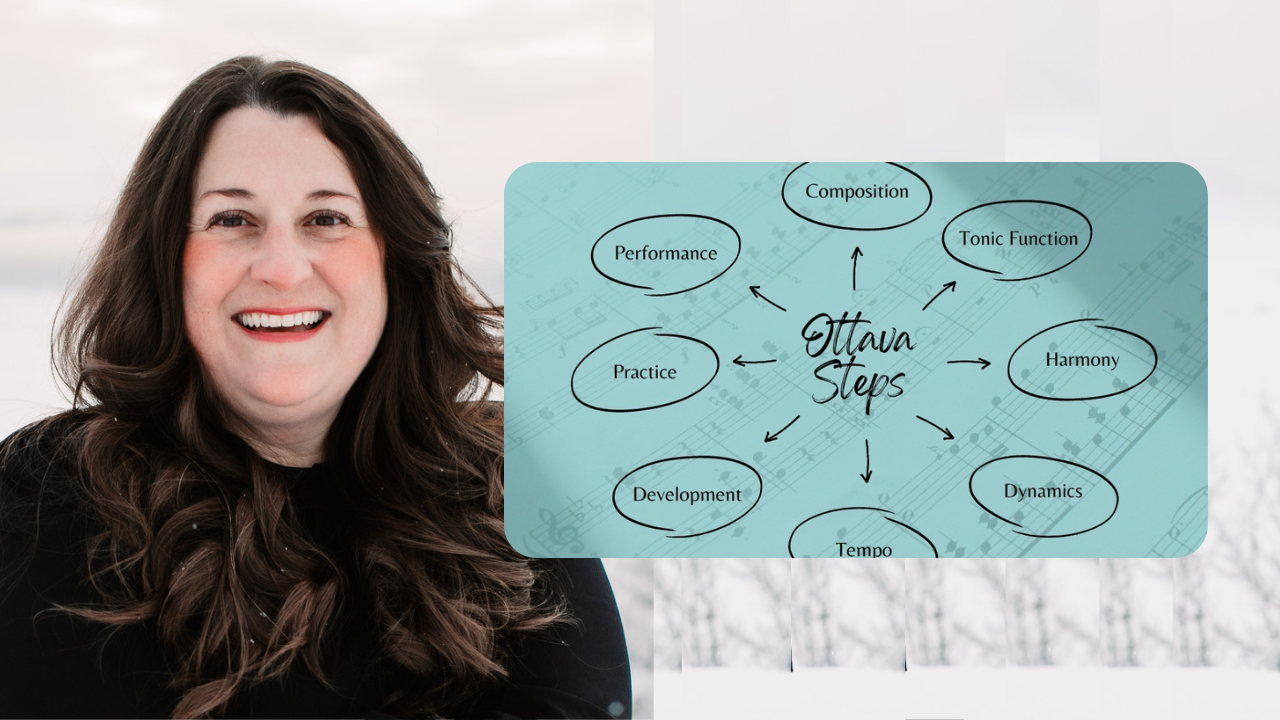The Joy in Family Medicine Blog
Insights and practical ways forward:
Rooted in years of reflection, medicine, education, and coaching
Curated to support your well-being, growth, and fulfillment as a physician.
Periodically, I interview a physician that will give you tips to enjoy medicine, find fulfillment, relieve stress, and more. ...
Take a listen as Drs. Dinsmore, Cazier, and Morrison - all fabulous EM physicians and coaches let me join in a great conversa...
Periodically, I will be interviewing a physician that will give you tips to enjoy medicine, find fulfillment, relieve stress,...
Take a listen as Dr Street, an MFM in FT practice and contract negotiation coach, discuss graduates' opportunities for negoti...
To finish out this blog series on trainee review, confidentiality, and psychological safety, reviewing a framework to help al...
So far, in the current blog series, I have explained why I have changed my mind about resident progress and evaluation transp...
Last week, I gave a few personal case studies on what led me to change my mind about full transparency regarding resident pro...
This episode now lives here:
I do like a good milestone. So, while I may or may not make any resolutions for the New Year, I think it’s important to pause...
I was so grateful to chat with Dr. Megan Melo about coaching in academic family medicine. Listen here.
This week we are concluding the coaching vs. mentoring blog series in academic medicine. So far, I've offered the impetus for...













